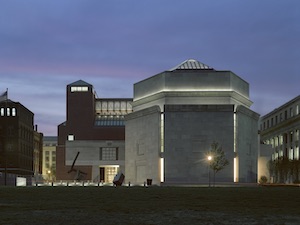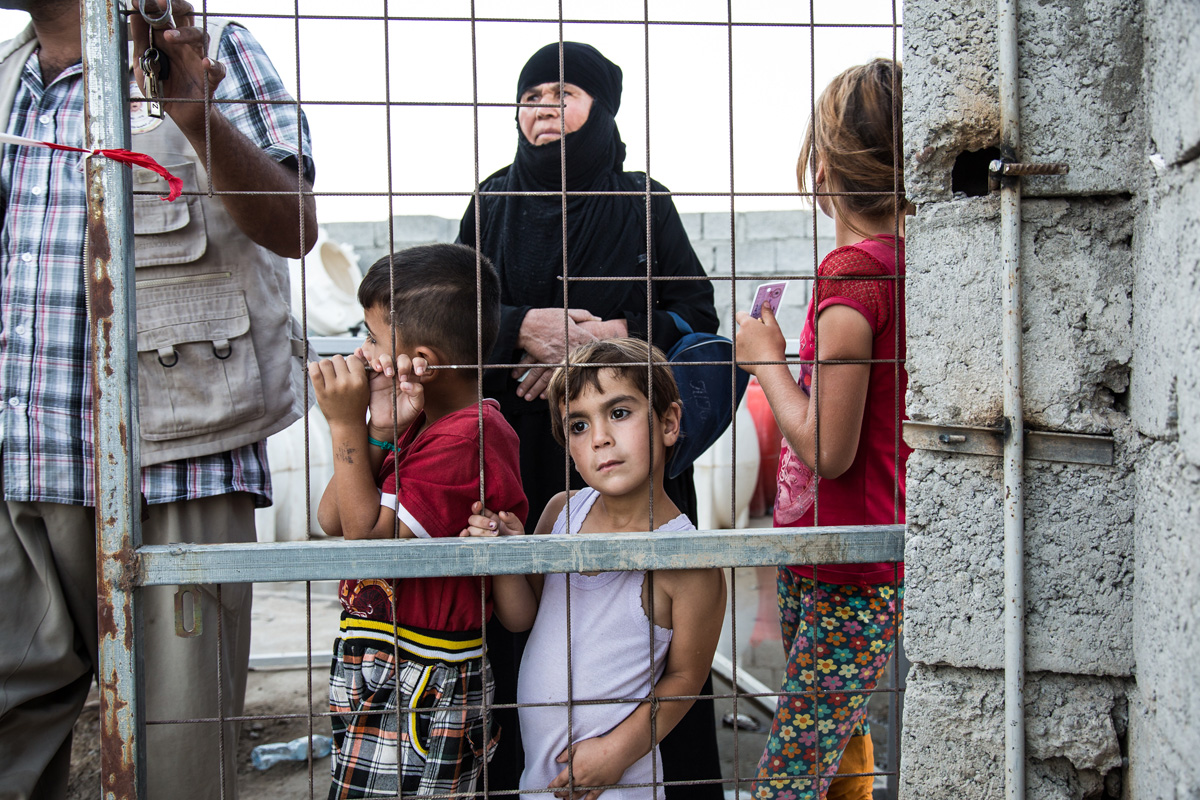-

“The World’s Next Genocide”
November 16, 2012
In a New York Times op-ed, Simon Adams, executive director of the Global Centre for the Responsibility to Protect (external link), discusses the potential for genocide to unfold in Syria. Adams warns that as the current conflict intensifies, the risk increases of a violent backlash against Alawites and other minorities. He calls on governments to take decisive action to prevent further crimes against humanity from being committed, and to put an end to impunity for such crimes by engaging the International Criminal Court to ensure that perpetrators are held accountable.
-

Failure to Act: UN Releases Report Examining its Conduct During Final Days of Sri Lankan Conflict
November 16, 2012
A UN internal review panel released a report (external link, PDF) highly critical of the organization’s actions during the final five months of the conflict in Sri Lanka between the government and separatist rebels. During that period, January—May 2009, thousands of civilians were killed and wounded as government forces advanced on the stronghold of the Liberation Tigers of Tamil Eelam (LTTE)—a group designated as a terrorist organization by the US and other governments. The Sri Lankan Army’s advance and the LTTE’s use of civilians as human shields resulted in hundreds of thousands of people being caught between the warring parties. The report examines the failure of various UN bodies to adequately respond to the crisis as the human toll mounted, and evidence emerged of potential violations of international law by both parties.
-

Preventing Genocide: An Interview with UN Ambassador Susan Rice
November 6, 2012
Video: US Permanent Representative to the United Nations Susan Rice discusses the work the United Nations and the US government are doing to better prevent genocide and mass atrocities.
-

The Tech Challenge for Atrocity Prevention
October 15, 2012
USAID and Humanity United have launched the Tech Challenge for Atrocity Prevention, an initiative calling for innovative tech tools and solutions—big and small—to make advances in preventing atrocities.
-
Humanitarian Crisis in Sudan’s Border Regions
September 13, 2012
The Museum asked Pete Muller, an experienced photojournalist who has lived in South Sudan for three years and traveled repeatedly to the border region, to share his photos and report on the crisis.
-

What Do Americans Think About Preventing Genocide?
July 24, 2012
Two thirds of Americans believe that genocide is preventable, and almost 70 percent think the United States should act to prevent or stop genocide and mass atrocities in other parts of the world, according to a new poll
-

General Mladic in The Hague
July 17, 2012
In a feature article (external link) in the July/August issue of Foreign Policy Magazine, Michael Dobbs, a research fellow at the U.S. Holocaust Memorial Museum, writes about former Bosnian Serb military leader Ratko Mladic as he faces trial before the International Criminal Tribunal for the former Yugoslavia. Mladic is charged with genocide and crimes against humanity carried out against Bosnia’s non-Serb population during the Balkan conflicts of the 1990s.
-

Can We End Genocide in the 21st Century?
July 10, 2012
Sixty-seven years after the Holocaust, genocide and crimes against humanity continue, as repressive regimes and cruel perpetrators target and kill innocent people around the world because of who they are. On July 24, 2012 the Museum will host a forward looking symposium to explore what can be done to prevent these atrocities in the future.
-

United States Holocaust Memorial Museum Statement on Anniversary of South Sudan’s Independence
July 9, 2012
WASHINGTON, DC—On the first anniversary of the separation of Sudan into two sovereign states, the United States Holocaust Memorial Museum registered deep concern over escalating cross-border violence as well as ongoing threats to civilian populations in both countries.
-

Does the United States Have a Responsibility to Protect?
July 6, 2012
Watch a clip from this year's Aspen Ideas Festival (external link), where Michael Abramowitz, Director of the Museum's genocide prevention program, discusses what role the U.S. and international community has in protecting civilians around the world from genocide, war crimes, crimes against humanity, and ethnic cleansing.


